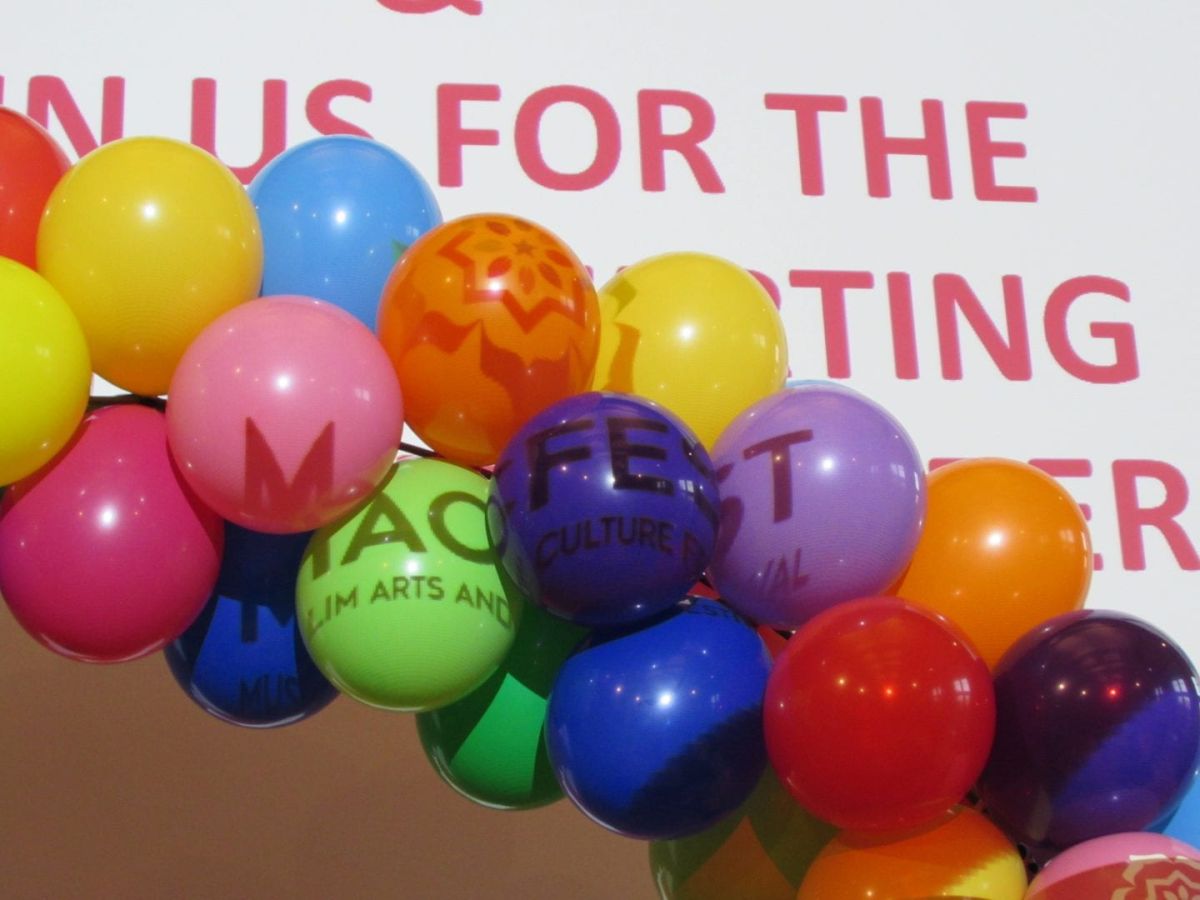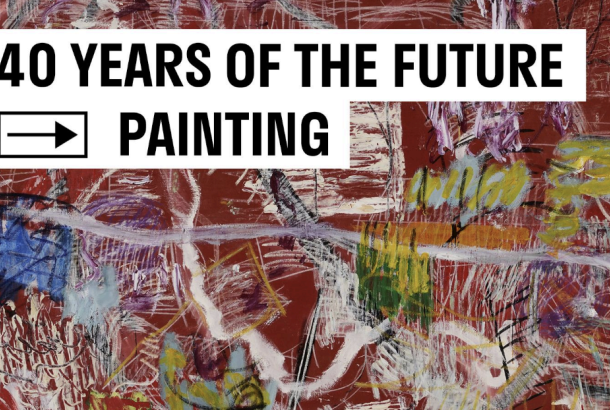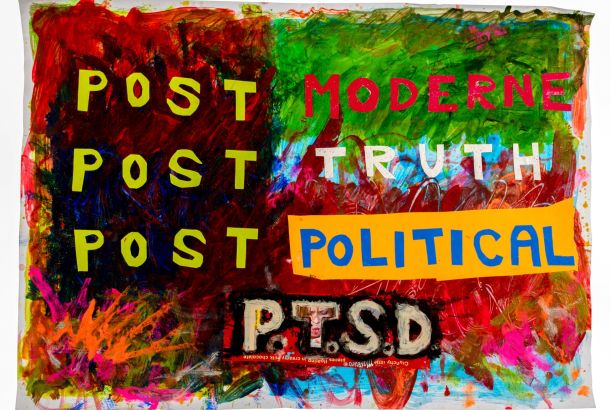A vibrant launch party for MACFest
By Bella Jewell and Aisha Al-Janabi

By Aisha Al-Janabi and Bella Jewell
Walking into the opening gala was like being welcomed into a friend’s home; we were immediately hit with the intense fragrances of cumin, saffron, and garlic. By the entrance there was a generous spread of food, next to which people of all ages gathered.
We gleefully ate baklava, the likes of which we enjoyed with our own families during celebrations. This launch event was perfectly suited to the intentions of the Muslim Arts and Cultures Festival; bringing together different communities and sharing diverse cultures and traditions.
This event was held on the 11th of November – Remembrance Sunday – and gave the perfect opportunity to bring awareness to the foreign soldiers who fought for Britain during World War I. Despite WWI being taught as early as primary school, we are often too nation-centred and insular in our teaching. We overlook the contributions of those we relied on, Colonial subjects, Muslims included, who gave their lives for our future.
The audience was presented with a short film created by The British Muslim Heritage Centre. It recounted the input of Muslim soldiers, acknowledging that 400,000 Muslims from different countries fought for Britain during the Great War. This Sunday, they were finally given the respect of a minute’s silence and commemoration that we regularly provide to British Soldiers.
What followed was a variety of speeches, including a spine-tingling address by Qaisra Shahraz – the festival’s driving force, and “trailblazer” as described by Rusholme MP and Director of the Festival, Councillor Rabnawaz Akbar. Akbar praised her rejection of social expectations regarding gender; she threw off the stereotype of women being a housewife, instead pursuing writing and activism.
Qaisra called out the media for scapegoating the Islam following recent terror attacks, claiming: “I am fed up of reminding people that we have extremists and nutters of all faiths.” She went on to describe the need to acknowledge the beauty of Islamic cultures, saying, “enough is enough. I want to celebrate being a Muslim.”
The performances that made up the afternoon – from Sufi singing to Palestinian dance – gave a insight into the rich jam-packed schedule of MACFest. The festival will support and give a platform to artists of different nationalities, ages, and backgrounds, bridging the gaps between the internal communities of the Islamic Faith.
MACFest is putting Islamic culture at the centre of discussions, shedding a positive light on a community which is often villainized. As Qaisra Shahraz summarised, the festival will “use the arts to bring communities together.”
MACFest’s schedule can be found on their website.







